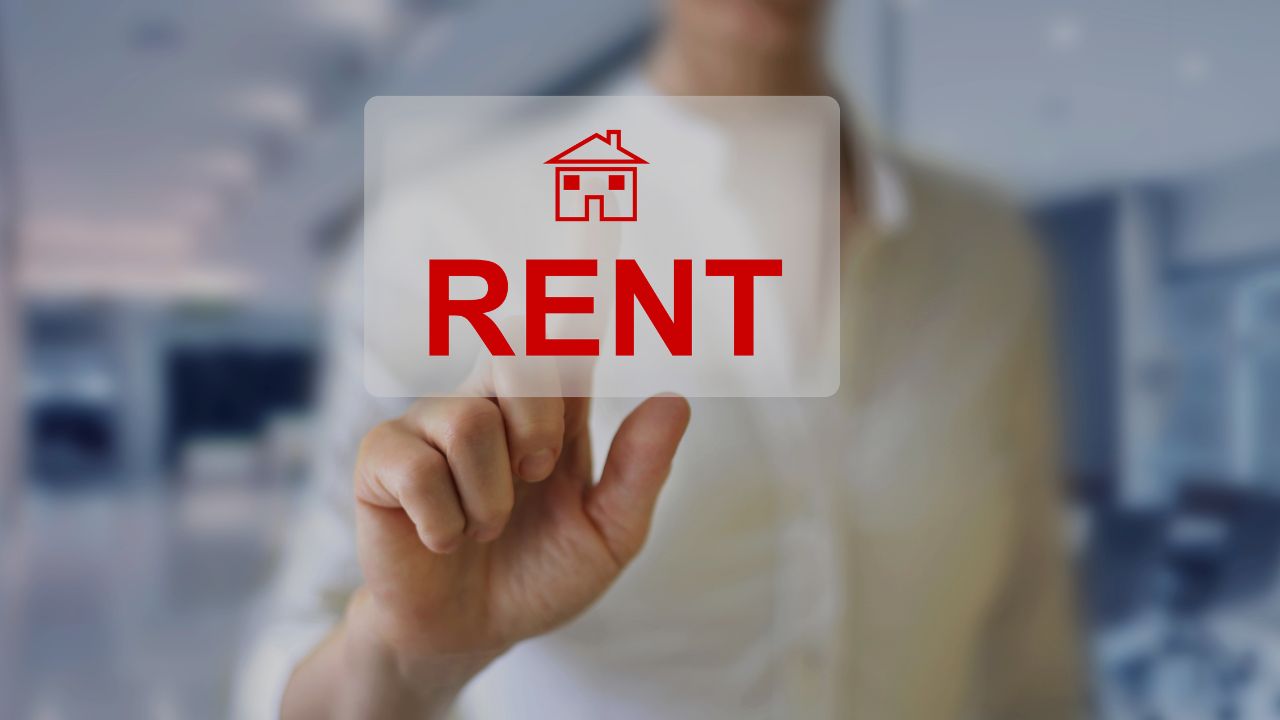In 2025, South Carolina is taking incremental steps toward stronger tenant protections on rent increases. While the state still does not have a fully enacted rent control law, several important rules already exist, and new proposals under consideration could change how rent hikes are handled.
According to a recent Huron Insider report, these updates may significantly impact what landlords can charge and how often rent can be raised, making it essential for tenants to stay informed.
Current Rent Increase Rules in South Carolina
Right now, landlords are prohibited from raising rent during the first year of a lease. This rule applies to most standard rental agreements, offering tenants stability for the first twelve months of their tenancy.
For week-to-week rentals, landlords must provide at least seven days’ written notice before increasing rent. For all other tenancy types, rent can only be increased after the first year has passed. In those cases, landlords must give at least ninety days’ written notice before the higher rent takes effect.
The notice must include:
- The exact dollar amount of the increase
- The new total monthly rent after the increase
- The effective date when the new rent will begin
This requirement ensures that tenants have enough time to make informed decisions about whether to accept the new rent, negotiate, or seek other housing options.
Proposed Law to Limit Increases
As of early 2025, lawmakers are debating—but have not yet passed—a bill that would place stricter limits on how much and how often rent can be raised. The proposed legislation would:
- Limit rent increases to once per year
- Cap each increase at 7% plus the Consumer Price Index (CPI)
- Impose penalties of up to triple the overcharged amount plus damages for violations
These changes would not apply to new construction (properties built within the last fifteen years) or subsidized housing, as lawmakers aim to encourage development while still protecting existing tenants.
If passed, this law would create one of the state’s first clear numerical caps on rent hikes—something tenant advocates have long been pushing for.
No Statewide Rent Control—Yet
South Carolina still does not have statewide rent control, meaning that outside of these notice requirements and any future caps, landlords have broad freedom to set renewal prices.
This flexibility allows for market-driven pricing but can also lead to sharp, sudden rent increases in high-demand areas. While landlords are free to charge what they believe the market supports, there are limits:
- Discriminatory increases based on race, religion, gender, or other protected characteristics are illegal.
- Retaliatory increases—such as raising rent in response to a tenant filing a complaint—can be challenged in court.
Tenants who believe they are facing an unfair increase should document all interactions and seek legal advice.
Security Deposit Rules
South Carolina also places limits on security deposits:
- One month’s rent maximum for unfurnished units
- 1.5 months’ rent maximum for furnished units
Deposits must be held in escrow and returned within 30 days of the tenant moving out, unless deductions are made for damage or unpaid rent. Failure to return a deposit on time can result in the landlord being required to pay additional damages.
Tips for Tenants Facing Rent Increases
If you are renting in South Carolina, here are some ways to protect yourself:
- Read your lease carefully – Look for clauses about rent increases and renewal terms.
- Track all notices – Keep physical or digital copies of any rent increase notices.
- Verify timelines – Make sure your landlord is giving you the legally required notice period.
- Research the market – Compare similar properties in your area to determine if the increase is fair.
- Consider negotiation – Some landlords are open to smaller increases in exchange for a longer lease commitment.
- Stay updated on legislation – Laws may change in the coming year, potentially limiting how much your rent can rise.
The Road Ahead
Tenant protections in South Carolina remain limited compared to states like California, Oregon, or New York, which have strict rent control laws in place. However, the current legislative push indicates a growing awareness of housing affordability issues.
If the proposed cap of 7% plus CPI becomes law, it would represent a significant shift toward predictable rent growth and could help stabilize housing costs for many residents. Until then, tenants must rely on existing notice requirements and legal protections against discrimination or retaliation.
By staying informed and proactive, South Carolina renters can better navigate the evolving housing landscape and safeguard their housing stability in 2025 and beyond.
What’s your take on South Carolina’s rent laws? Share your opinions and experiences in the comments at ibwhsmag.com.


 by
by 

